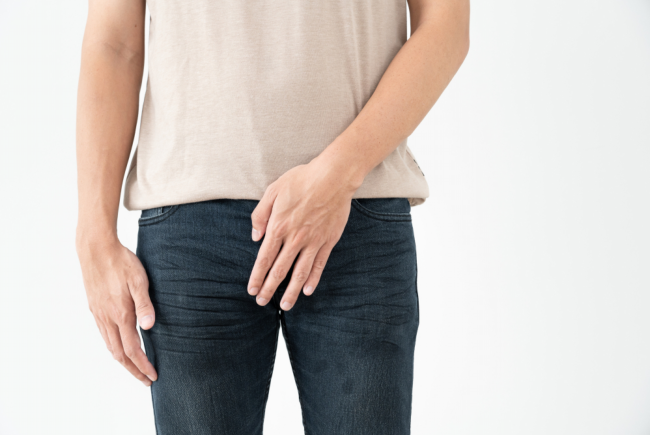
Incontinence can be a challenging condition affecting many individuals, impacting their quality of life and requiring specialized care solutions. Understanding the various types of incontinence is crucial, especially for those seeking personal care in Brooklyn Center, Minnesota. Here are some types of incontinence:
- Stress incontinence: Occurs during activities like coughing, sneezing, or exercising.
- Urge incontinence: Involves a sudden and intense urge to urinate, often leading to leakage before reaching a restroom.
- Overflow incontinence: Characterized by frequent or constant dribbling of urine due to an overfull bladder.
- Functional incontinence: Results from physical or cognitive impairments that prevent timely bathroom use.
- Mixed incontinence: A combination of different types, often stress and urge incontinence.
Providers understand the importance of addressing urinary challenges effectively. They offer comprehensive solutions, from diagnostics to tailored treatment plans, ensuring residents receive personalized care and support.
For residents in an assisted living group home in Minnesota, understanding the differences between the kinds of incontinence can lead to better management and enhanced quality of life. It’s essential for caregivers in residential care settings to be knowledgeable about these conditions to provide effective bladder health care.
Managing incontinence involves proactive measures, from lifestyle adjustments to medical interventions. Strategies include:
- Pelvic floor exercises: Strengthening the muscles that support bladder control.
- Behavioral techniques: Timed voiding schedules and bladder training.
- Medications: Prescribed to manage symptoms and improve bladder function.
- Surgical interventions: Considered for severe cases where conservative treatments aren’t effective.
For those in residential care, maintaining bladder health and dignity is a priority. Facilities specializing in residential care provide a supportive environment where individuals can live comfortably and confidently despite challenges with incontinence.
To learn more about managing incontinence or exploring assisted living options in Minnesota, contact Desnol HealthCare Services today. Our dedicated team is committed to enhancing quality of life and ensuring holistic care for all residents.
Disclaimer
Blogs, content, and other media uploaded online are for informational purposes only. Contents on this website should not be considered medical advice. Readers are strongly encouraged to visit their physician for health-related issues.